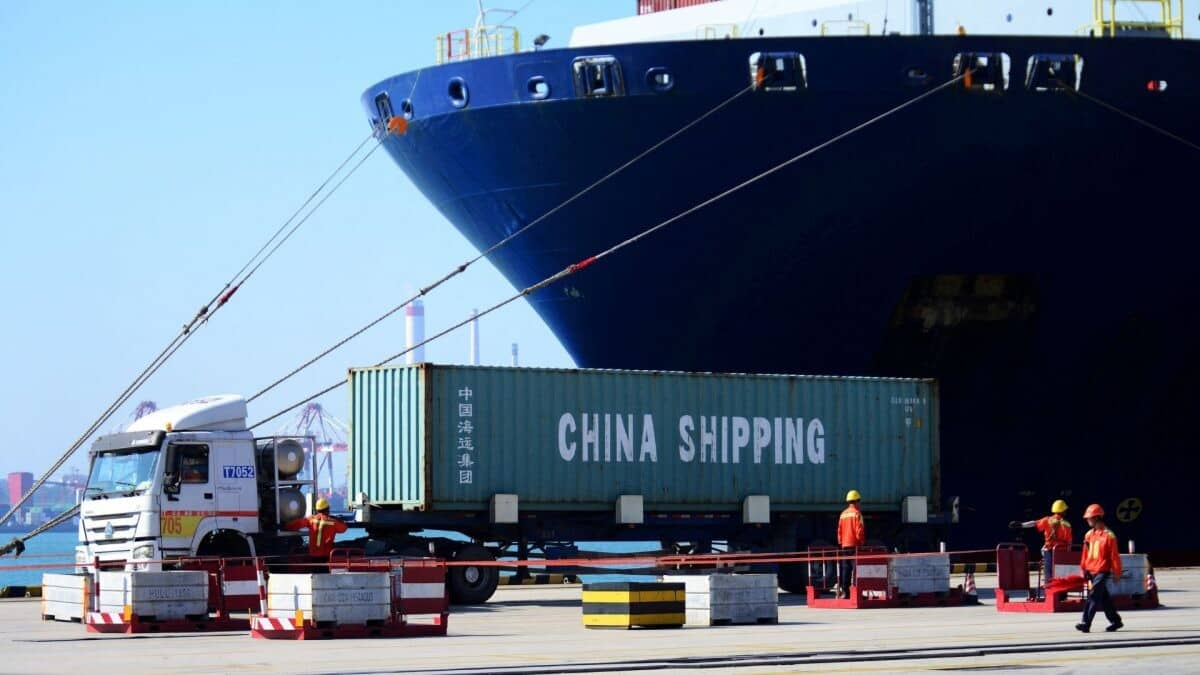
China surprises with strong exports, imports reflect weak domestic demand
What's the story
China, the world's second-largest economy, has witnessed a significant surge in its exports. According to customs data released on Tuesday, outbound shipments increased by 8.7% year-on-year in value last month. This is the fastest growth rate since March 2023 and surpasses a forecasted increase of 6.5% by Reuters's poll of economists as well as July's rise of 7%.
Import slowdown
China's import growth falls short of expectations
Despite the robust export performance, China's imports have not kept pace. The data showed a mere 0.5% increase in imports last month, falling short of the anticipated 2% boost and significantly lower than the previous month's growth of 7.2%. This slowdown in import growth is attributed to weak domestic demand within the country.
Economic outlook
Strong export performance and trade surplus could boost economic growth
Zhou Maohua, a macroeconomic researcher at China Everbright Bank, stated that the strong export performance and trade surplus are favorable for economic growth in the third quarter and throughout the year. However, he also warned of potential challenges due to a complex global economic and geopolitical environment. These factors could pose significant headwinds to China's exports in the future.
Trade dynamics
China's trade surplus with the US widens
China's trade surplus with the United States has also seen an increase, rising to $33.81 billion in August from $30.84 billion in July. This widening gap has been repeatedly highlighted by Washington as evidence of one-sided trade favoring the Chinese economy. Meanwhile, efforts to negotiate tariff reductions on Chinese electric vehicles (EVs) with the European Union have so far been unsuccessful.
Trade hurdles
Global trade barriers pose challenges to China's export momentum
China is facing increasing trade barriers globally, which could threaten its export momentum driven by competitive pricing. Canada recently imposed a 100% tariff on Chinese EVs and a 25% tariff on Chinese steel and aluminum. Additionally, as China attempts to redirect more exports toward Southeast Asia and South Asia, it is encountering resistance with countries like India planning to raise tariffs on Chinese steel. In H12024, China remained India's largest trade deficit partner with an account imbalance of $41.9 billion.
Import impact
China's lower-than-expected imports may impact future exports
The lower-than-expected import growth could potentially affect China's exports in the coming months. Nearly one-third of China's purchases are components for re-export, especially in the electronics sector. Additionally, a decrease in iron ore imports by 4.73% from a year earlier last month indicates weak demand within the country's construction sector, further impacting steel producers.